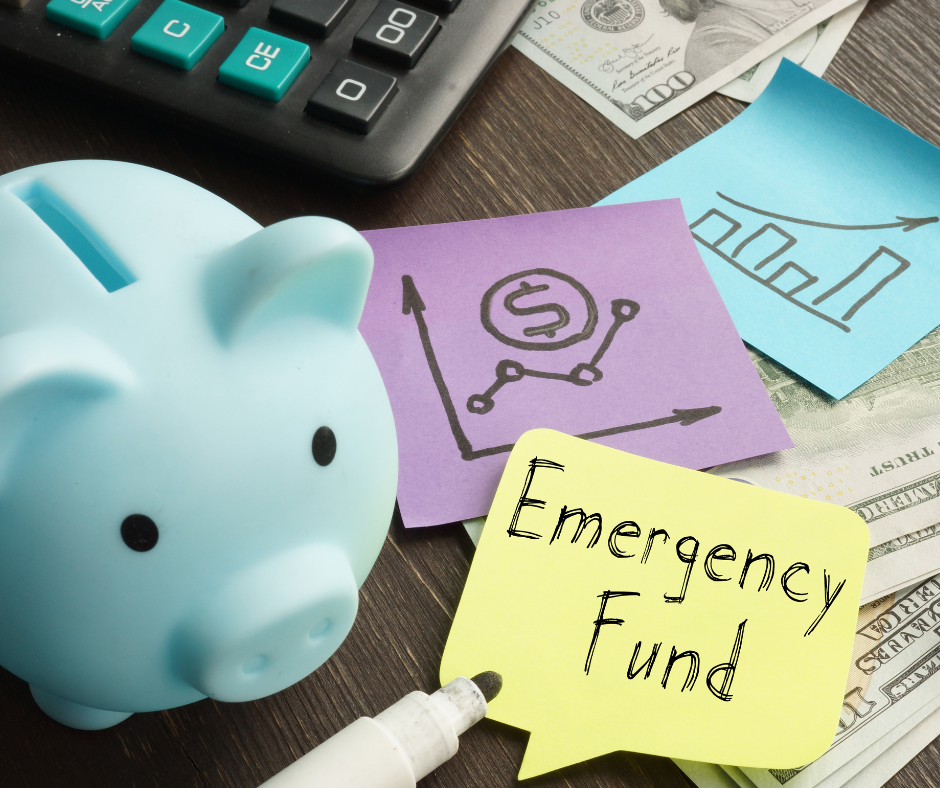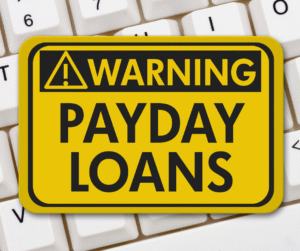How to build credit from scratch: a beginner’s step-by-step guide
Wondering how to build credit without experience? This easy-to-follow guide shows you how to start smart and stay on track.
If you’re wondering how to build credit, you’re not alone.

Starting from scratch can seem overwhelming, but with the right steps, you can lay a solid foundation for your financial future. Building credit is a gradual process, but it’s essential for opening doors to better loans, lower interest rates, and even renting an apartment.
This beginner’s guide will walk you through the process, so you may start building credit today.
Why building credit matters
Your credit score is a key factor in your financial life. It affects your ability to borrow money, get credit cards, and even secure certain jobs or housing.
A good credit score shows lenders that you’re responsible with money, while a poor score can limit your financial opportunities. The good news? It’s possible to build your credit from scratch with patience and consistency.
1) Start with a secured credit card
Unlike a regular credit card, a secured card requires a deposit, which becomes your credit limit. For example, if you deposit $300, your credit limit will also be $300. Use the card responsibly by keeping your balance low and paying your bill on time.
2) Become an authorized user
When you’re added as an authorized user, the account’s activity, such as timely payments and low credit utilization, will appear on your credit report. This can help you build credit, even if you don’t have your own card.
Be sure to choose a responsible primary cardholder, as any negative activity on their account could harm your credit score.
3) Consider a credit-builder loan
A credit-builder loan is designed specifically for people looking to establish or improve their credit. With this type of loan, the money you borrow is held in a bank account until you’ve paid it off. As you make payments, the lender reports your payment history to the credit bureaus, which helps build your credit.
These loans are typically available through credit unions or online lenders. It’s important to compare loan terms and fees before applying.
4) Pay your bills on time
Many utility providers, phone companies, and even landlords report payment history to the credit bureaus. Consistently paying your bills on time demonstrates financial responsibility, which can positively impact your credit score.
Set up automatic payments or reminders to help you stay on track.
5) Keep your credit utilization low
Once you have a credit card, it’s important to keep your credit utilization ratio low. This means you should use less than 30% of your available credit.
Lenders look at your credit utilization ratio when determining your creditworthiness. The lower it is, the better it looks on your credit report.
6) Monitor your credit report
Monitoring your credit report is essential for tracking your progress. You can get a free credit report from each of the three major credit bureaus (Equifax, Experian, and TransUnion) once a year at AnnualCreditReport.com.
Check for any errors or signs of identity theft. Disputing mistakes on your report can help ensure your credit history is accurate.
Building credit takes time
Building credit from scratch isn’t a quick fix, but with consistent effort and smart financial habits, you can establish a strong credit history. Remember, the key is to start small, stay disciplined, and be patient. With time, you can be well on your way to a healthy credit score and more financial opportunities.





